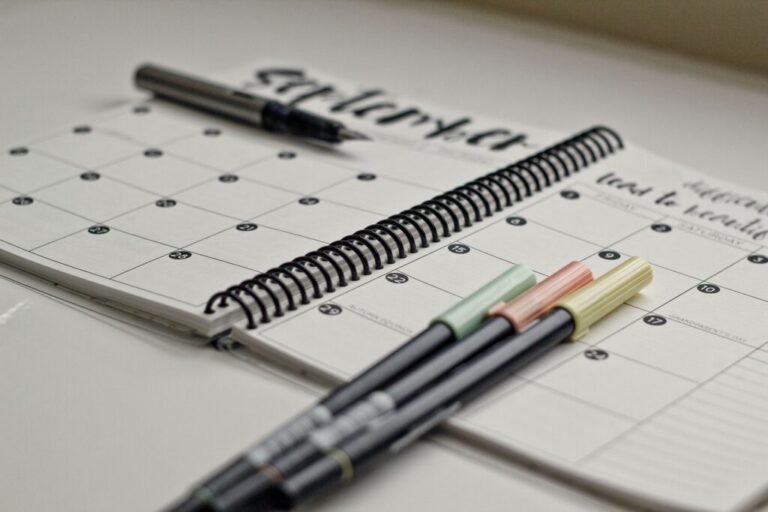
Parenting tips for child with ADHD or Learning Disabilities
Your child might have trouble following a schedule, finding things, remaining organised or coping with homework due to their various limitations. As parents, you might feel frustrated and sometimes helpless when you see your child struggling, but some small changes around the house can make life little better for everyone.
Parenting tips for child with ADHD or Learning Disabilities – Read and understand
As a parent, the first thing you can do is, read and understand as much as you can about your child’s disability, coping mechanisms and rights from scientific, verified and trusted sources. It will also give you an insight into what your child struggles with and help you find solutions for the same. Start to address the problem early on, as early intervention can improve successful outcomes. While doing your research, you should remember that a vast majority of resources available are from different cultural milieus and may not reflect on the Indian situation directly, even if they are applicable conceptually. The parent should specifically look for India-centric laws, guidelines and recommendations from policymakers and domain experts. For example, knowing the rights of children with learning disabilities under the Rights of Persons with Disability Act (RPWD Act) and Central Board of Secondary Education (CBSE) guidelines are essential. Some state education boards in India, like Maharashtra board and other private boards like The Indian Certificate of Secondary Education (ICSE ), also give exemptions. Your child might qualify for various exemptions and other provisions provided by these education boards, which will help your child cope with their academics.
Parenting tips for child with ADHD or Learning Disabilities – Routine
The second thing to do is to have a structured routine around the house, make a timetable and encourage your child to follow their daily schedule. To get them to follow the schedule, make the timetable with inputs from them and include the activities they like to do as well. Making them feel like a part of the decision-making process will encourage acceptance. Help them organise the schedule by breaking down complex tasks and giving them an orderly sequence of activities.

Parenting tips for child with ADHD or Learning Disabilities – Involve them
Children with learning disabilities often suffer from low self-esteem, so one way to combat this is to involve them in some simple tasks at home. Involving them will give them a feeling of inclusiveness and accomplishment. For example, give them the duty to set up the dining table every day, operate the washing machine, etc. Trust older children with tasks like making their breakfast or their bed.
Parenting tips for child with ADHD or Learning Disabilities – Eat, sleep and exercise the right way
As with any child, if your child with a learning disability is eating, sleeping and exercising right, they will be better focused, be able to concentrate better, and accomplish more. A healthy and nutrient-rich diet helps boost immunity and increases mental focus. Start your child’s day with a good breakfast and keep their food nutritious during the day, including whole grains, fruits, and vegetables. Ensure they do not go hungry for more than four hours; this will ensure that their energy levels stay stable.

Encourage your child to play outside the house or go for running, swimming, take part in sports, dancing, anything that they enjoy. Regular exercise will help them stay alert, acquire agility and power and improve their reaction time and speed. Exercise also enhances the psychological well-being of your child and reduces stress and frustration. Set aside 45 minutes to one hour daily for any kind of physical activity your child enjoys.
On an average, pre-schoolers need 11-13 hours of sleep per night, middle school children need it for about 10-11 hours, and teens and preteens need it for eight to ten hours to keep them active the following day. To get the required hours of sleep, set a bedtime routine for your child. You can establish a method like asking them to take a bath, change into their nightdress, brush their teeth and in the end include one thing that interests your child like reading a book or listening to some music or a bedtime story. Getting some physical activity done in the day can also help in sleeping better at night. Ensure that you power off all electronic devices at least an hour or two before lights go out and keep electronics outside their bedroom.
Parenting tips for child with ADHD or Learning Disabilities – Develop natural abilities
Help your child focus on and develop their natural strengths and abilities. Work together with your child to figure out what they feel good about doing, make them try different things, whether it is sports, singing, painting or photography. Encourage them to give at least a couple of months of trying these things. It will provide them with more opportunities to develop their talents and build confidence in areas other than studies.
Parenting tips for child with ADHD or Learning Disabilities – Get involved
It is crucial to establish a constructive working relationship with your child’s teacher and the principal. Schools are invested in your child’s success as much as you are as your child spends a lot of time in the school. As parents forging a healthy and productive partnership with them will benefit you and your child in all aspects. Have regular communication, exchange information about your child’s progress and meet with teachers and counsellors often. Get involved in developing an educational plan to address your child’s needs if possible. Special education teachers and counsellors can also guide you with practical tips to help your child at home. In case your child goes to a school which does not have a counsellor, you can also talk to the teachers yourself, let them know about your child’s shortcomings and give them suggestions to help them understand your child better. It will help their teacher manage your child’s classroom activity more efficiently. Read more about how you can partner with your child’s school here.
Read more about how you can support your child with ADHD, and specific learning disabilities like dyslexia, dysgraphia, dyscalculia and dyspraxia.